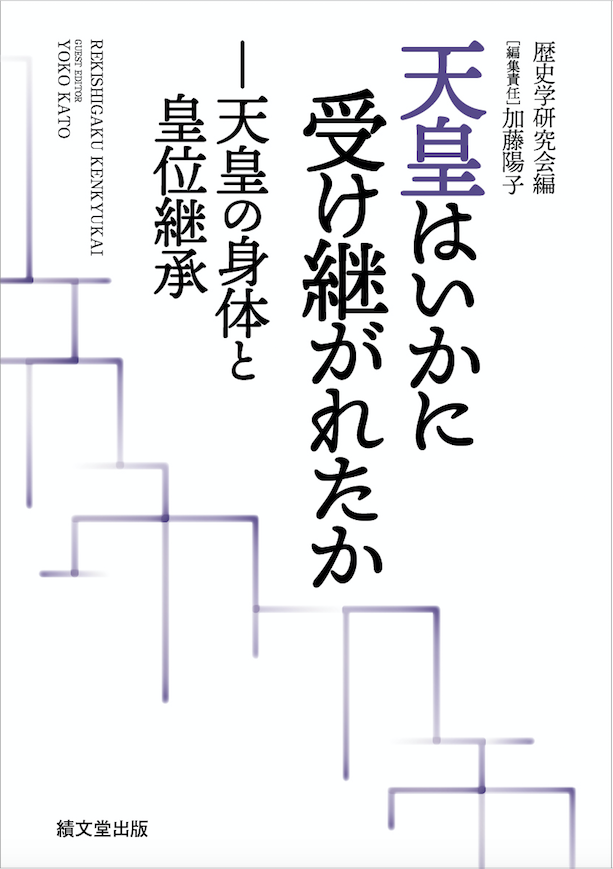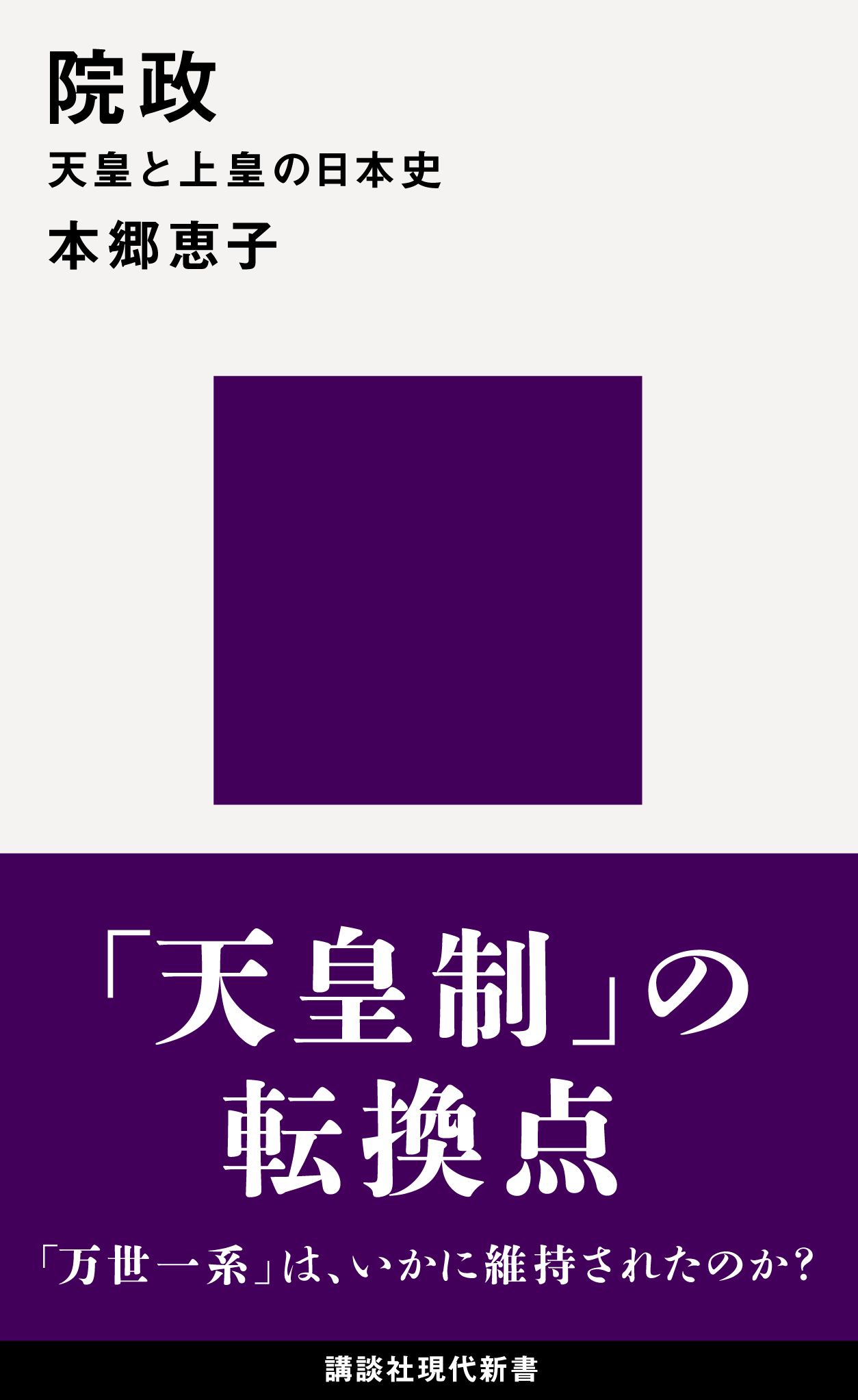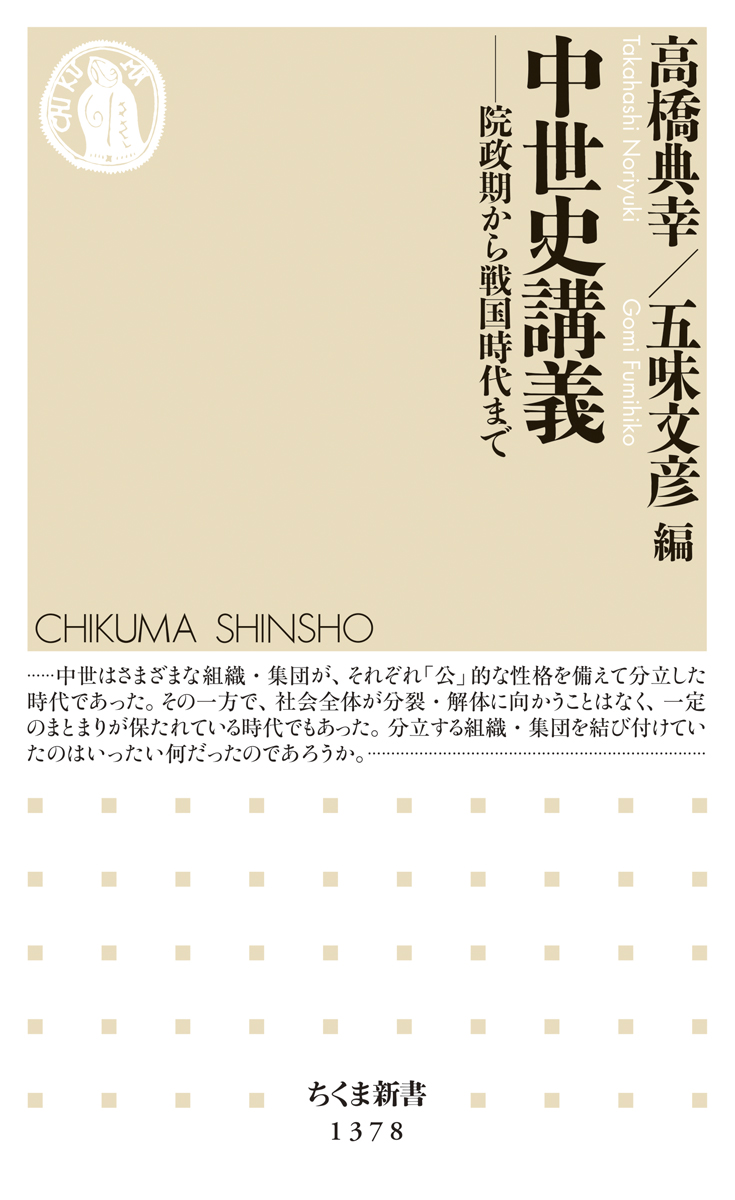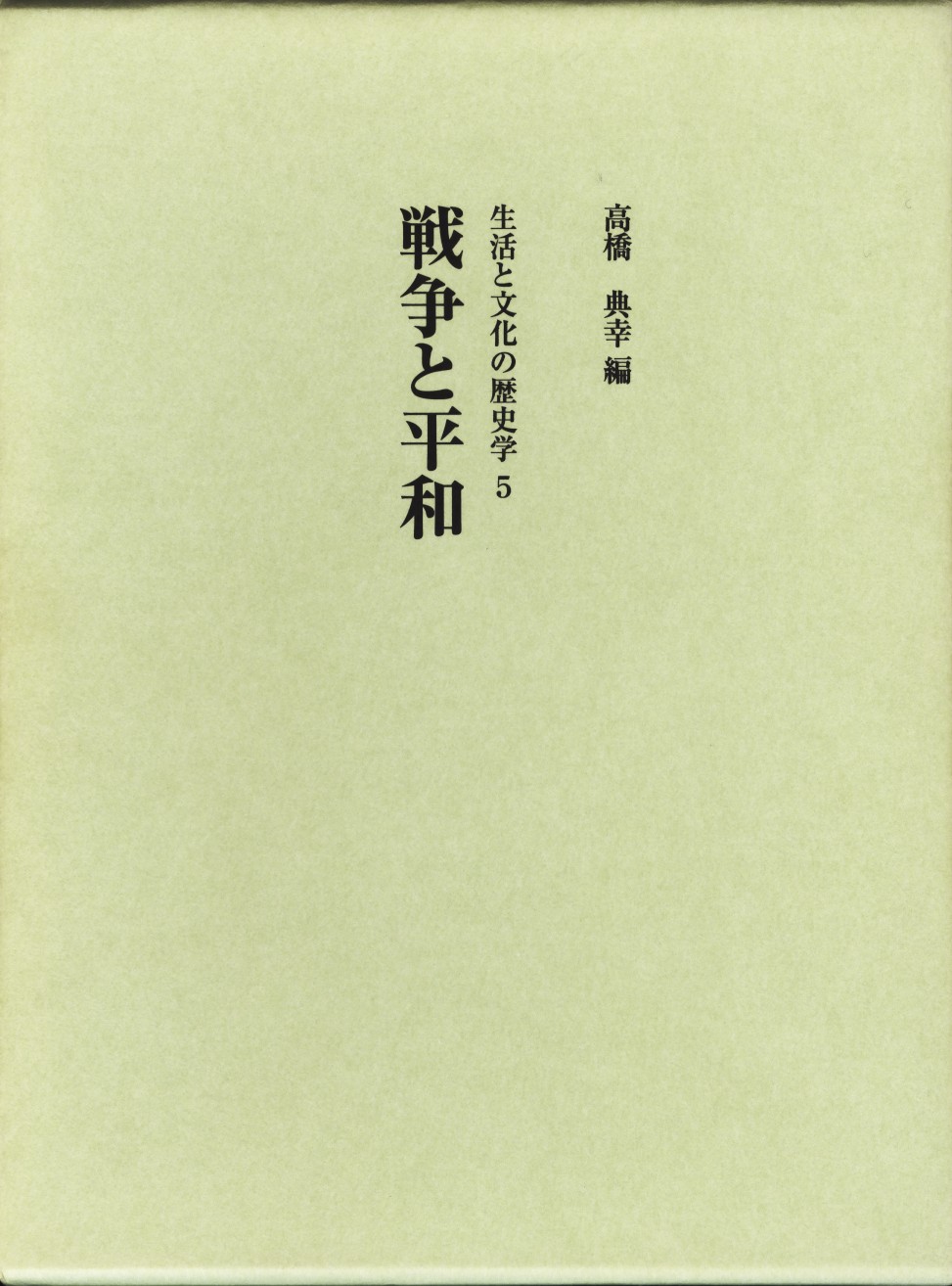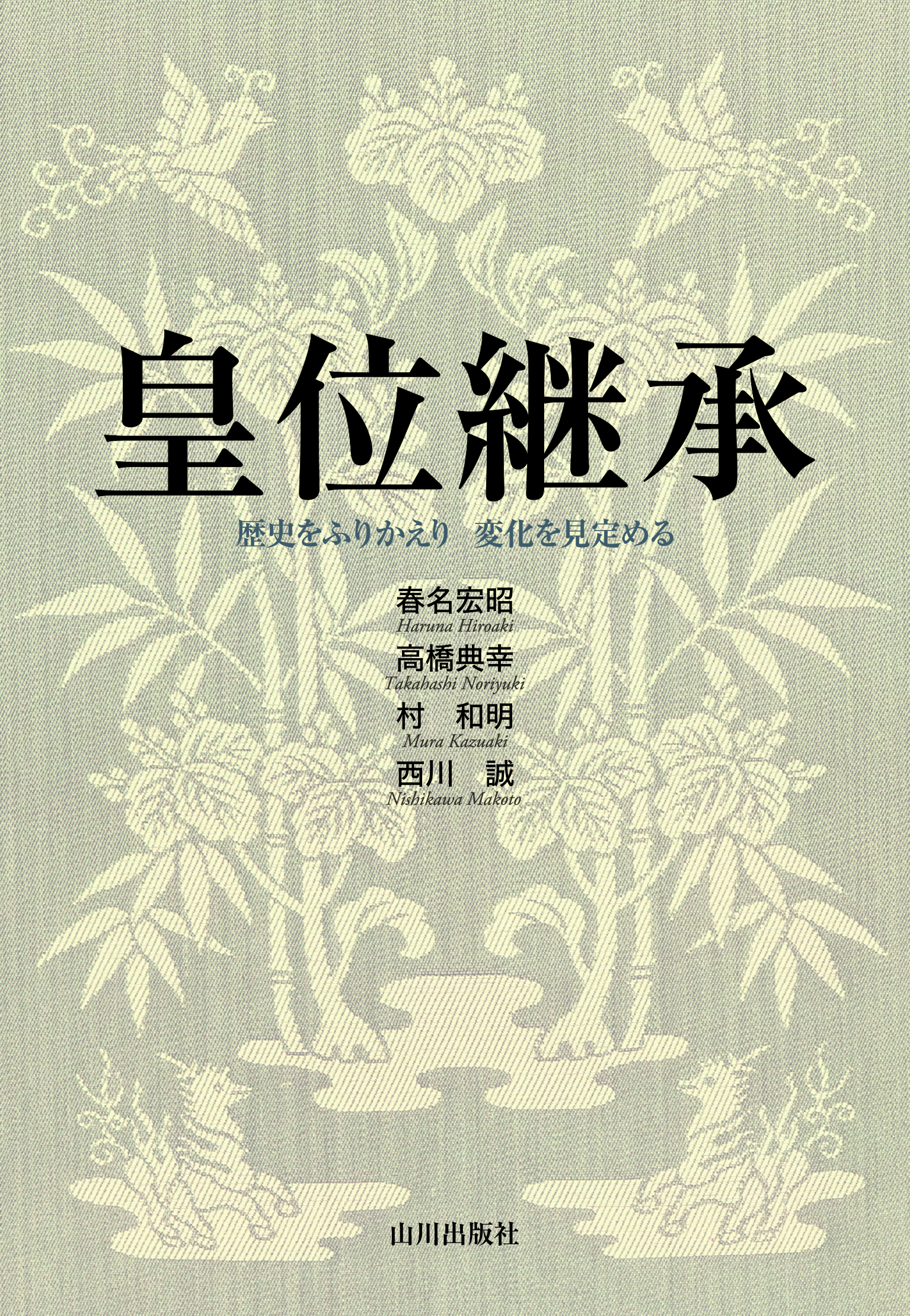
Title
Koui-Keisho (Imperial Succession: Looking Back on History and Ascertaining Changes)
Size
128 pages, 127x188mm
Language
Japanese
Released
April, 2019
ISBN
978-4-634-59118-9
Published by
Yamakawa Shuppansha Ltd.
Book Info
See Book Availability at Library
Japanese Page
In May 2019 there was a change in emperor. A change in emperor raises interest in emperors and the emperor system, and one subject to which such interest is directed is the history of emperors and the emperor system. About thirty years ago, when the emperor changed from the Shōwa Emperor to the Heisei Emperor, there was a similar upsurge of interest in the past history of emperors and the emperor system, and many books on the subject were published. This also led to historical research on emperors and the emperor system. The situation was the same in the case of the recent change in emperor, but a distinctive feature has been that interest has concentrated on imperial succession in the history of emperors and the emperor system, that is, on the question of how the position of emperor has been passed down through the ages. This book was accordingly compiled with the aim of looking back on the history of imperial succession from the ancient period to modern times and giving a succinct overview of its history.
That the position of emperor is passed down from one generation to the next is the basis of the emperor system, and it is true that the position of emperor would appear to have been passed down in an unbroken line since ancient times. But the manner in which it has been passed down has by no means been constant, and it has varied considerably depending on the period. As one example, let us consider the history of abdication, which is what occurred in May 2019. First, in the ancient period imperial succession was quite fluid, and there were violent struggles between the imperial family and other powerful families over succession to the throne. For this reason, abdication was expected to play a role in ensuring a smooth succession. By the medieval period, the families that could succeed to the position of emperor had become fixed, and this too was brought about by abdication. In other words, abdication was used as a way of passing the throne on to a descendant of the incumbent’s choice. But once warriors gradually came to seize political power, imperial succession too came to be controlled by the warrior government. During the Edo period, there was constant haggling between emperors wanting to abdicate and the shogunate trying to stop them from doing so. In the modern period, the Meiji government, which aimed to establish a constitutional monarchy, promulgated the Imperial Household Law with a view to ensuring stable succession to the throne, uninfluenced by political circumstances at the time. Abdication was prohibited, and a new emperor could succeed to the throne only upon the death of his predecessor. But this rule has now changed in the twenty-first century, and we have witnessed the revival of abdication for the first time in 202 years.
There can be no doubt that emperors and the emperor system have had an enormous influence on Japan’s history. But emperors and the emperor system have themselves been influenced by politics and society and have continued to change over time. This is vividly illustrated by the history of imperial succession. What is necessary for us living in the present age is to look back on the history of emperors and ascertain these changes and the distinctive features of each period. The aim of this book is to provide a pointer for doing so. We have endeavoured to provide a succinct overview of the history of imperial succession from the ancient period to modern times that is both easy to read and easy to understand. We hope that readers whose interest has been piqued will move on to the books listed in the bibliography at the end of this book.
(Written by TAKAHASHI Noriyuki, Associate Professor, Graduate School of Humanities and Sociology / 2019)



 Find a book
Find a book


